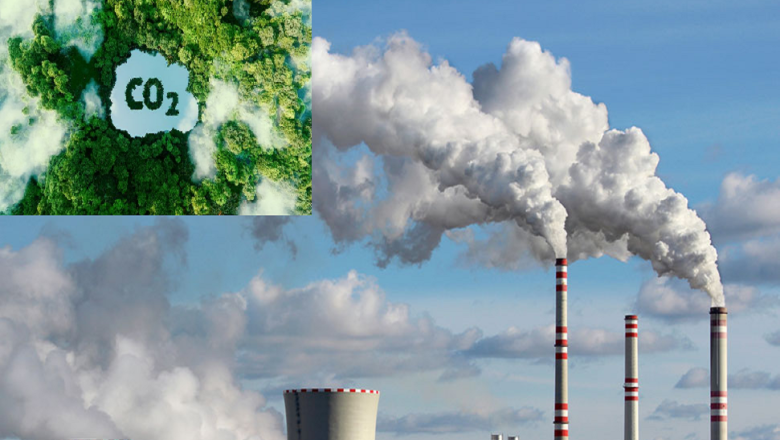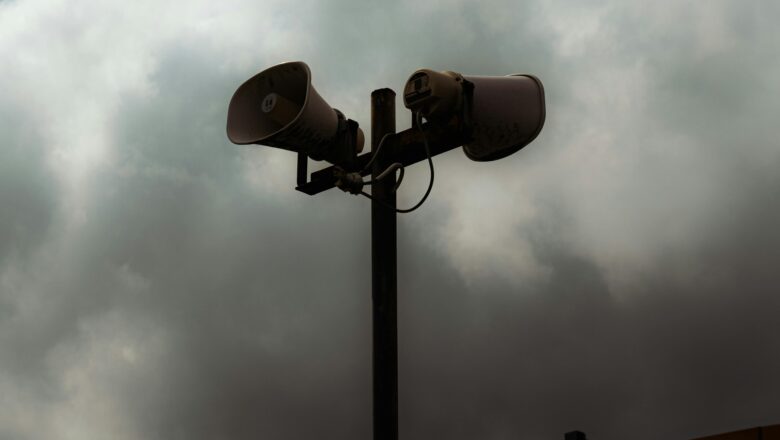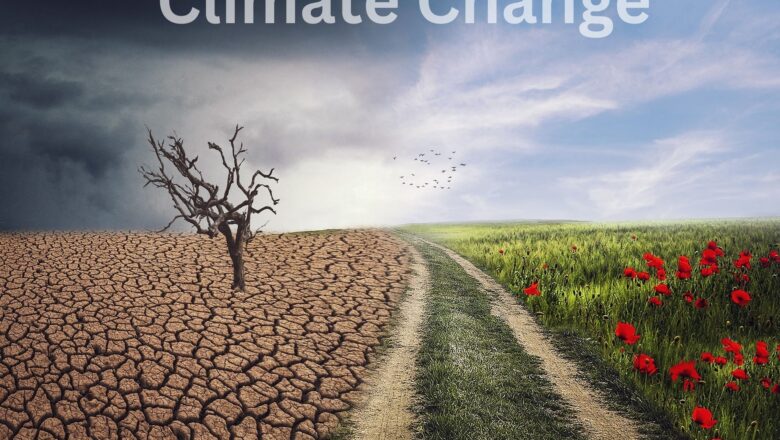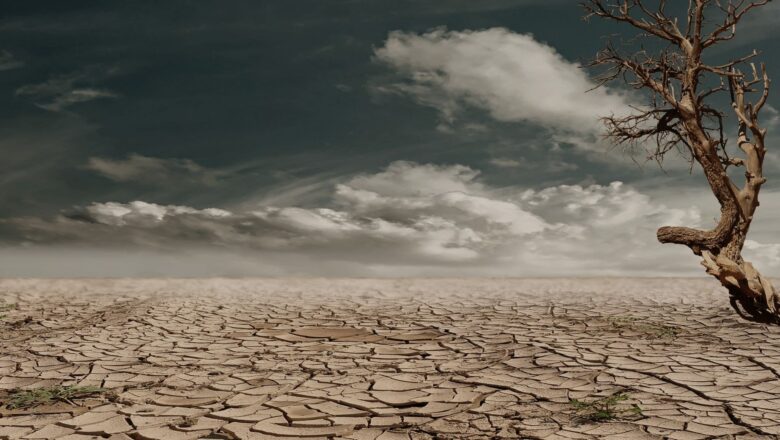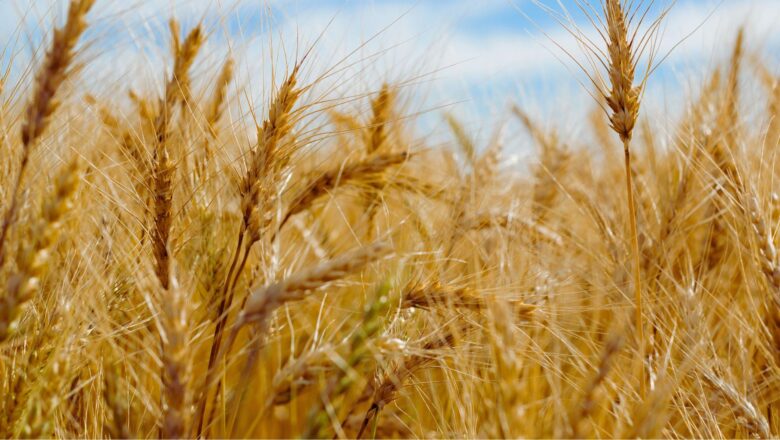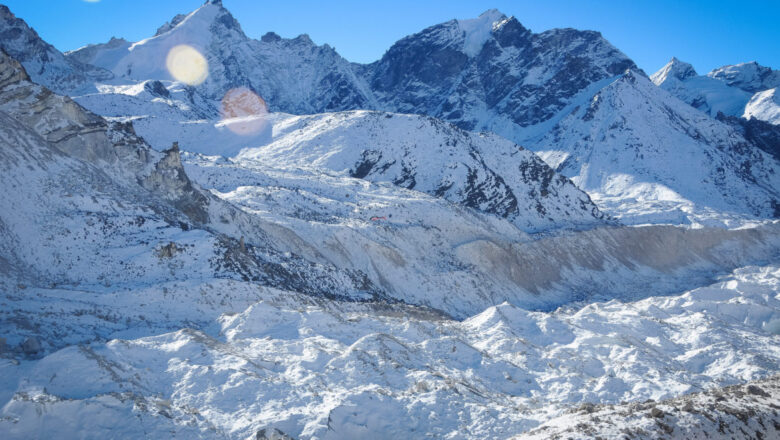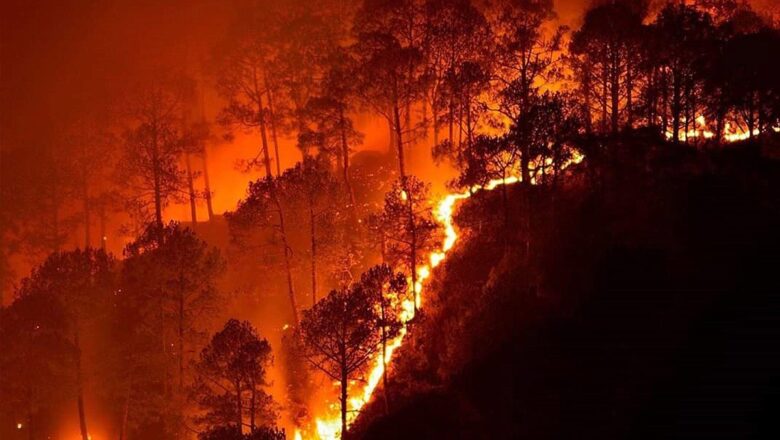
South Korea Faces Worst Wildfire Crisis as Blazes Leave 18 Dead, Thousands Displaced
South Korea is battling its deadliest wildfire outbreak, with at least 18 fatalities and 19 injuries reported as flames continue to consume vast areas of the country's southeastern regions. The fires, which erupted on March 21 in Sancheong County, have spread rapidly to Uiseong, Andong, Cheongsong, Yeongyang, and Yeongdeok, forcing over 23,000 people to evacuate.
Acting President Han Duck-soo described the situation as “unprecedented”, marking a historic wildfire disaster in a country where such fires are relatively rare. The National Fire Agency has escalated its response to the highest emergency level, deploying thousands of firefighters, 5,000 military personnel, and US military helicopters to combat the blazes.
Among the devastation is Gounsa Temple1,300-year-old Buddhist site, w...


